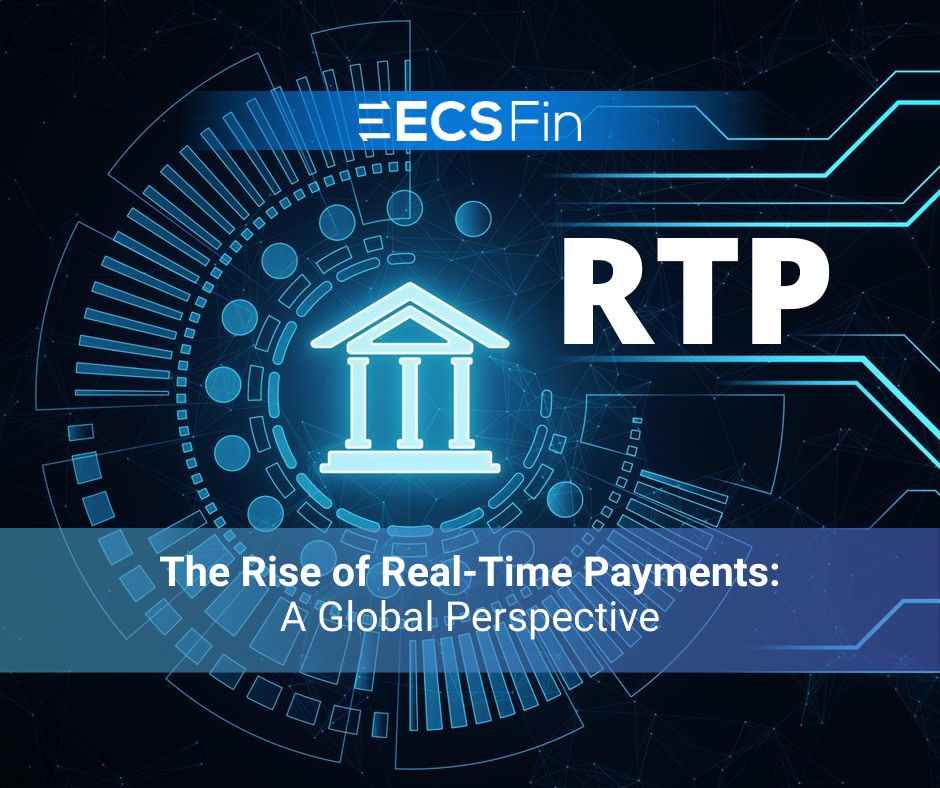Blog
The next frontier for financial institutions
The Future of Data and Analytics for Financial Institutions
In recent years, data and analytics have become increasingly crucial to the success of financial institutions. With the rapid pace of technological innovation, the future of data and analytics in the financial sector promises to be even more impactful. This blog explores the key trends shaping the future of data and analytics in financial institutions and how organizations can prepare for what’s to come.

Increased Use of Advanced Technologies
AI, ML and blockchain are rapidly becoming crucial tools in the financial sector for automation of processes, increased accuracy and enhanced security of transactions. Adoption is expected to grow in the near future.

Real-time Risk Management and Fraud Detection
Financial institutions need to be able to quickly detect and respond to risks. With real-time monitoring and advanced analytics, institutions can stay ahead of potential fraud and financial crimes, protecting both themselves and their customers.

Open Banking and APIs
Open banking and APIs are changing the way FIs interact with customers, providing new opportunities for innovation and growth. By opening up their data and systems to external partners, institutions can offer more personalized services and improve the customer experience.

Customer Data Analytics
Financial institutions are collecting more customer data than ever before, and this data can be a powerful tool for driving growth and improving customer engagement. By leveraging customer data analytics, institutions can gain a deeper understanding of customer needs and preferences, allowing them to develop new products and services that meet those needs.

Investment in Cybersecurity
Cybersecurity has become a critical issue in the financial sector, with increasingly sophisticated threats emerging all the time. Financial institutions will need to invest in advanced cybersecurity measures to protect against these threats and maintain the trust of their customers.

Data Monetization
Data is a valuable asset, and financial institutions are looking for ways to monetize this asset to generate new revenue streams. By using advanced analytics techniques, institutions can uncover new insights and turn this data into valuable products and services.

Increased Regulatory Scrutiny
Financial institutions are subject to increasing regulatory scrutiny, with new regulations and compliance requirements emerging all the time. Organizations will need to stay abreast of these developments and ensure that their data and analytics practices are in line with regulatory requirements.

The Shift Towards Ethical and Responsible Data Practices
Consumers are becoming more aware of the ways in which their data is being used, and are demanding more ethical and responsible data practices. Financial institutions will need to demonstrate their commitment to responsible data practices to maintain customer trust and remain competitive.
Conclusion for financial institutions
The future of data and analytics for FIs is likely to be shaped by a number of exciting trends and technological innovations. By preparing for these developments and embracing new technologies and approaches, financial institutions can stay ahead of the curve and continue to thrive in the years to come.
ECS Fin facilitates, streamline and organize data exchange between internal applications and external entities by connecting with central banks, Swift, data vendors, counterparties, customers instantly for secured and organized exchange of data.



